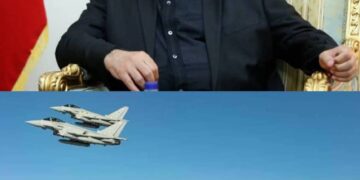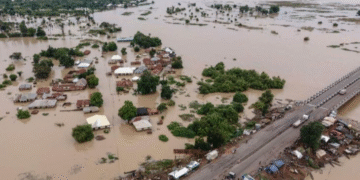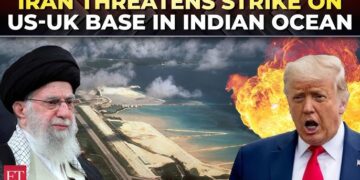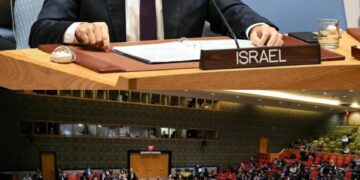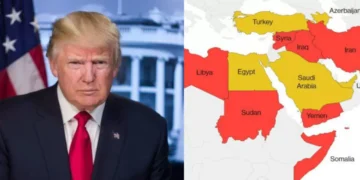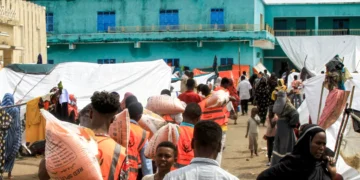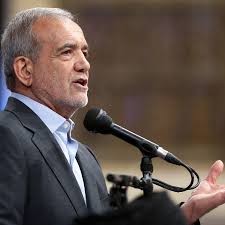Israel Targets Iran’s South Pars Gas Plant
..Iran Threatens Homuz Strait Closure
By Yadnom Awu/ Asaba
Israel today continued its daring military assaults on core Iranian assets with strikes on gas assets, including the strategic South Pars Plant, its main energy hub.
Details of the strike were sketchy at press time,but the Pars Gas Field is one of the largest in the world and is the main source of domestic supplies for the Islamist state which is under decades of crippling economic sanctions at the hands of the Western world, led by America.
Under the sanctions, Teheran exports hardly anything except minimal Petroleum products to China, which, like Russia and North Korea, does not recognize or implement the regime of sanctions.
By attacking the gas plant, Israel is aiming to disrupt supplies, further harm the prostrate economy of Iran, and, hopefully trigger an unrest that could have serious effects on the political stability of the country.
The attacks on the gas fields were a part of the 150 targets that Israel said it had targeted in the past two days in which it has struck nuclear facilities, military brass and nuclear scientists.
Iran said the attacks had killed more than 80 persons, including women and children.
The latest Israeli attacks came as Teheran is reportedly considering multiple options in response, aside from its avowed military retaliation.
Sources said Iran was considering shutting the Strait of Homuz, which is a major sea artery for the global crude oil trade, holding about 20 percent of total traffic tally, as well as walking out on its scheduled nuclear talks with America, or even opting out of the global Nuclear Non- Proliferation Treaty (NPT), which is a loose organization of consenting nuclear power states.
The NPT warehouses America, Russia, China, France, Britain, Pakistan and India.
The other nuclear state, North Korea, has a hazy status, while Israel, believed to have between 360 and 400 nuclear bombs, is not a signatory to the NPT.
The NPT talks are held between the two nuclear super powers of Russia and America, under the aegis of the Strategic Arms Reduction Treaty (START )and the Strategic Arms Limitation Treaty (SALT).
However, global oversight of nuclear programmes are handled by the United Nations via its specialized agency, the International Atomic Energy Agency (IAEA) based in Vienna, Austria.
The IAEA had been liaising with Iran in its nuclear programme after an initial deal on its development was unilaterally turned down by President Donald Trump during his term of office, in 2018.
However, after his swearing in for a second term, Trump had hinted of his desire to resume talks with Iran on the subject but consistencies as to his conditionalities and the envisaged end product of the talks, created the vacuum that Israel capitalized in to begin its deadly strikes on Iran, targeting mainly its nuclear facilities.
Iran, in response, has hauled at least 200 ballistic missiles at Israel, hitting multiple targets , including its capital, Tel Aviv, and causing damage, including several deaths and injuries to scores of others.


